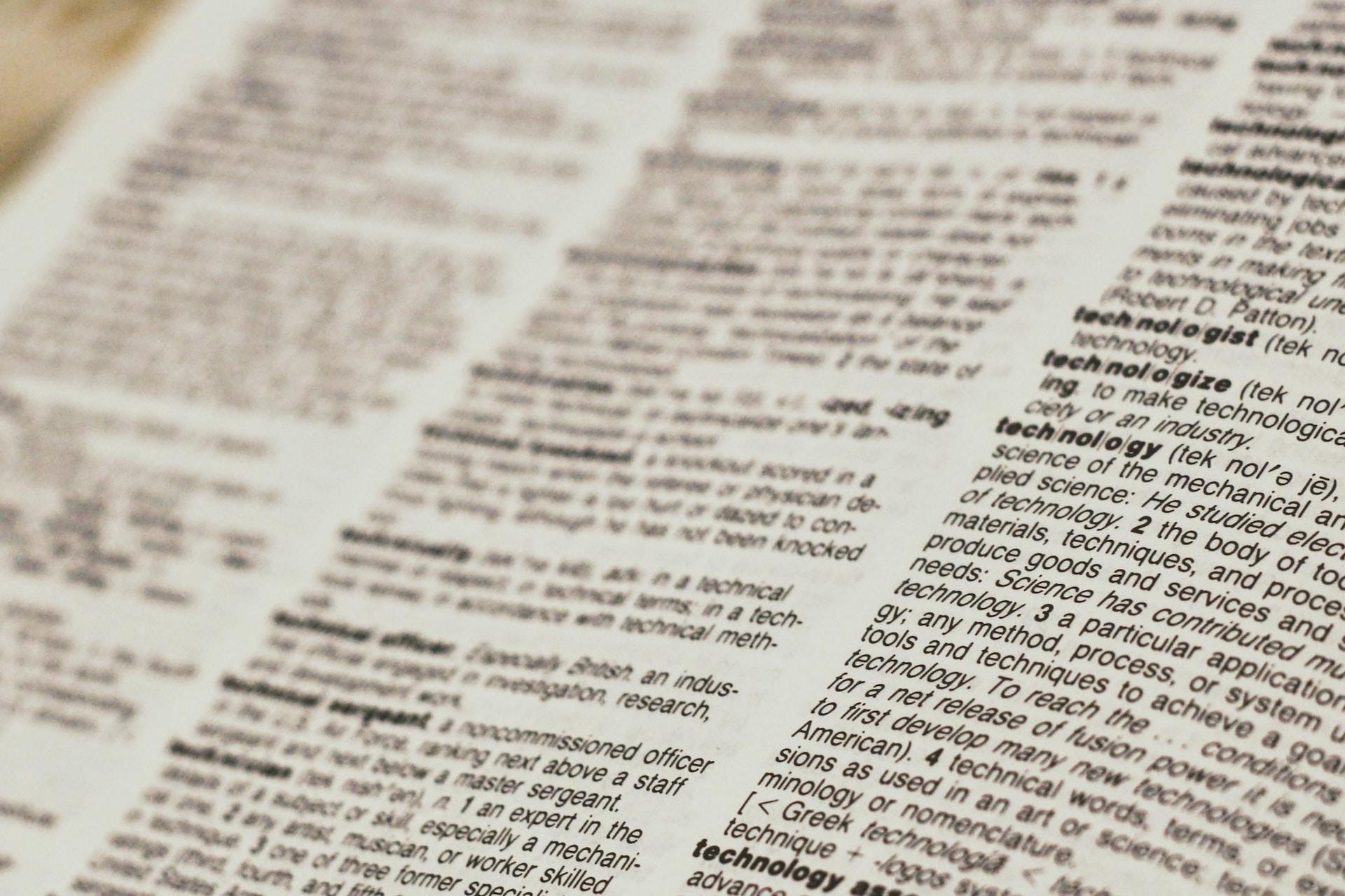Chapters
Spelling is a big deal when it comes to GCSE English Language and English Literature, it makes up a percentage of your grade (often around 5%) but it also helps to ensure you are communicating effectively and correctly making your points.
Spelling is not just marked for the sake of it, either. It is a big part of English and the way we communicate throughout life. If you want to take your English further in the future, you will also need to be able to spell to a good standard. Many jobs require this, too.
In this guide, we're looking at some of the common errors as well as some of the ways you can improve your spelling.

Commonly Misspelt Words

Sometimes it can feel like English doesn't follow many rules, and that the words aren't that logical.
There are many commonly misspelt words out there, but a few that you should keep in mind include:
A lot (not "alot")
Definitely (not "definately")
Separate (not "seperate")
Their, They're, There (often confused with each other)
Your, You're (also often confused with each other)
Receive (not "recieve")
Believe (not "beleive")
Occurrence (not "occurence")
Misspell (ironic, but often misspelled as "mispell")
Weird (not "wierd")
Environment (not "enviroment")
Piece (not "peice")
Embarrass (not "embarass")
Privilege (not "priviledge")
February (commonly misspelled as "Febuary")
Necessary (not "neccessary")
Exaggerate (not "exagerate")
Parallel (not "paralell")
Mischievous (often misspelled as "mischevious")
A Note on Dyslexia
Did you know that around 10% of the population of the UK has dyslexia?
The British Dyslexia Association explains:
"There are many different types of screening tests; in an education setting some are delivered by computer, others need to be administered by a teacher/SENCo. Some just give an estimate as to whether the child/person is likely to have dyslexic difficulties. A few offer a more detailed profile of strengths and weaknesses, which help inform an appropriate teaching strategy."
The organisation has some information for those who feel they need assistance with their educational needs. Be sure to discuss with your teachers if you feel you are consistently making errors that could be due to dyslexia.
How to Improve Your Spelling
There are loads of ways in which you can try to improve your spelling abilities, which can help you to get better at spelling, and while it can be a long process, this can benefit you when it comes to GCSE English and plenty of other subjects, too.
Practice, Practice, Practice
Regularly practicing spelling is the most effective way to improve. Write, type, or create flashcards with the words you frequently misspell, and practice them until you consistently get them right. Turn off autocorrect on your phone or on your other devices so that you have to work out the spellings or look them up.
Use Spell Checkers (But Learn From Them)
Most word processors, such as Microsoft Word and Google Docs, come with built-in spell checkers. These tools highlight misspelled words and suggest corrections in real-time. However, this can cause you to become a little lazy, and you won't have a spell checker in an exam, so be sure to learn from the solutions and note the words you have initially misspelt.
Read Extensively
Reading books, articles, and diverse written materials exposes you to correct spellings. The more you read, the more you'll become familiar with the correct spelling of various words. Even reading newspapers or textbooks can help with your spelling.
Proofread Your Writing
Always proofread your written work, whether it's an email, essay, or report. Pay close attention to the words you know you commonly misspell.
Mnemonics
Create mnemonic devices or memory aids for tricky words. Associating a word with a memorable image or phrase can make it easier to remember, for example, Richard Of York Gave Battle In Vain for the colours of the spectrum (red, orange, yellow, green, blue, indigo, violet).
Other mnemonics that may be useful include:
"Rhythm Helps Your Two Hips Move" (for "rhythm") - This mnemonic helps remember the tricky arrangement of letters in the word "rhythm."
"The Principal is your PAL" (for "principal" and "principle") - This helps distinguish between the noun "principal" (the head of an organisation or the first in a list) and the noun "principle" (a fundamental truth).
Remember Silent Letters
You can create a list of silent letters in order to help you remember those that are not pronounced.
Silent w - wrong, write, wrap, wrist
Silent b - climb, comb, thumb, lamb
Silent k - knowledge, knuckle, knee, knife
Spelling Apps and Games
There are numerous spelling apps and games available, such as Scrabble, Words with Friends, or dedicated spelling apps, which can make learning more fun and interactive. It means you will spend more time thinking about words and the way they are structured.
Common Rules
Learn Common Rules: Familiarise yourself with common spelling rules, like "i before e except after c," but be aware that there are exceptions to many rules in the English language.
Keep a Spelling Journal
Maintain a personal spelling journal where you record words you've misspelled. Review this journal periodically to reinforce your memory. This will show you the words that you need to focus on, and the correct spellings of those words.
Free GCSE SPaG Online 10-Minute Tests
The makers of many revision guides, CGP, also provide online tests for Spelling, Punctuation, and Grammar. These tests take just ten minutes to complete but can come in very handy when it comes to reinforcing your abilities.
The same company also creates a number of study guides to help you through your GCSEs, including one that is focused specifically on spelling, punctuation, and grammar for GCSE students.
Conclusion – Improve Your Spelling For GCSEs
Strong spelling skills acquired during GCSEs will benefit you in future academic endeavors and in your professional life. They are essential for writing essays, reports, research papers, and other documents in university and the workplace.
Spelling goes beyond just English, too. In subjects where terminology is highly specific, such as science or mathematics, misspelling a critical term can lead to miscommunication and incorrect answers.
Working on your spelling now can put you on the right path for future education, and contribute to your GCSE grades.
Summarise with AI:












